Jahanara Foundation Museum: A glimpse into Dhaka’s past
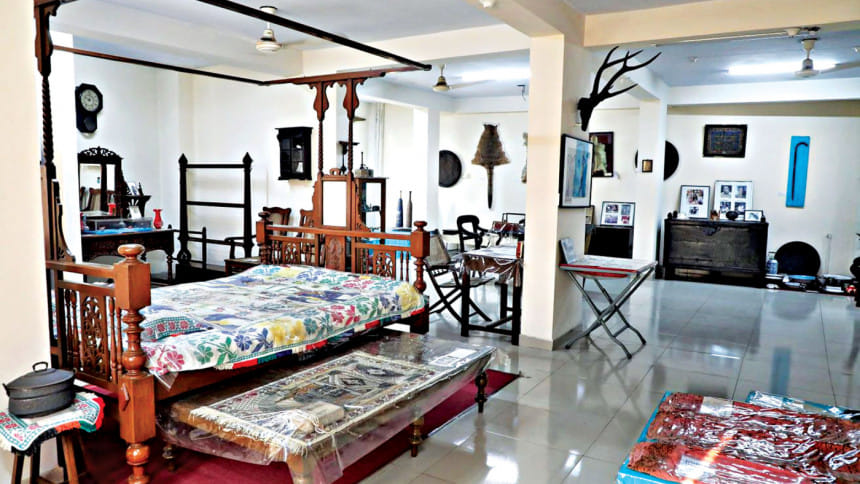
The building located at 25 Bangshal Road is a treasure trove of history. On one of the floors of the apartment, there are numerous antiques and artefacts that give us a sneak peek into the city's history. Not directly related to political histories we read in textbooks, but something more intimate -- glimpses of family and social life in Dhaka of the bygone era.
Established in 2013, Jahanara Foundation Museum is named after Jahanara Khatun (1930-2001), a social worker and cultural activist. Her daughter Zeenat Parveen, president of the museum, along with her family, set up this institution with objects mostly from the households of her parents and grandparents. From kitchen utensils and textiles, to cash boxes, the museum houses many vintage items.
"When our mother passed away, we were left with many old household items. Instead of neglecting or giving them away, we thought of preserving them all in one place so that people can get an idea of family life in Dhaka during the olden times," Parveen shared the idea behind this museum.
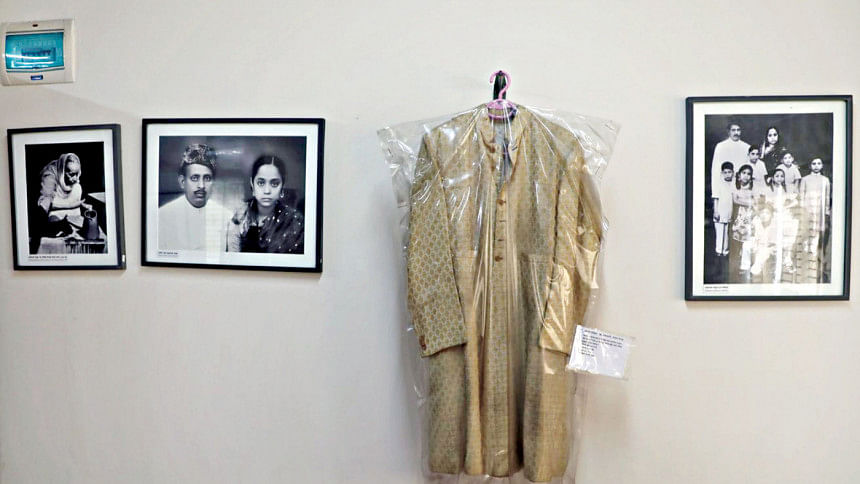
To exemplify, there is a vintage toy set or rather a doll house of sorts, a cot including a mosquito net, a chair, etc. which Jahanara Khatun used to play with in her childhood.
Khatun's wedding shoes too, highly intricate and decorative, are kept with a lot of care.
When we think of museums, many of us often imagine something grand or fancy. However, a museum can also be in a relatively small space and offer not only myriad artefacts but a personal touch as well, which at times is overlooked by bigger museums.
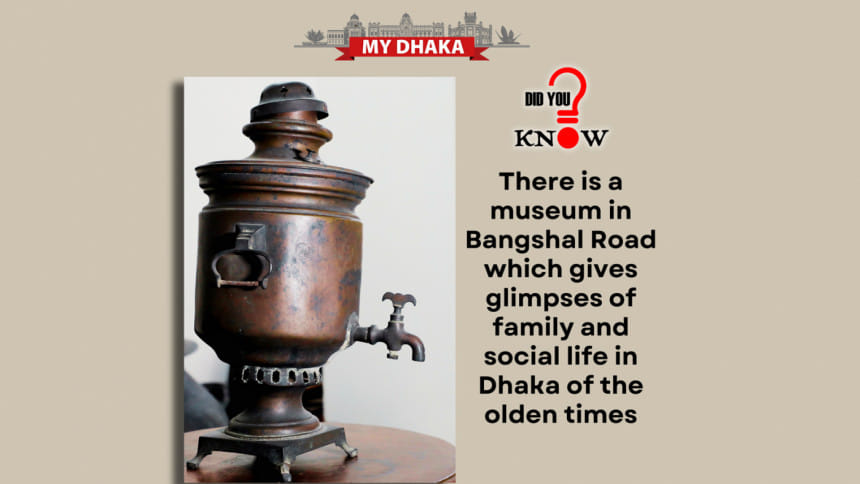
Also displayed with not only care but with pride too, is an elegant katan sherwani of Haji Moulvi Allah Baksh Sarker, Parveen's grandfather, who was a politician and social worker. "He was a sardar of 22 panchayats (community-based social systems). He also served as an MLA and was involved in the Tebhaga Movement," she narrated.
On the other hand, there is a tiny corner with a few belongings of Hakim Habibur Rahman, Unani physician, close associate of Nawab Sir Salimullah, and the author of one of the best works on Dhaka's history, Dhaka Panchas Baras Pahle. The items include a large glass jar, which, Parveen says, may have been used to store medicines or other such chemicals.
The museum does not only house testaments of Dhaka's history and culture but of Bangladesh's at large. To illustrate, several red halkhatas (traditional accounts books) dated in the early 1970s, which were used by Parveen's father, Mansur Rahman Sarker, are displayed.
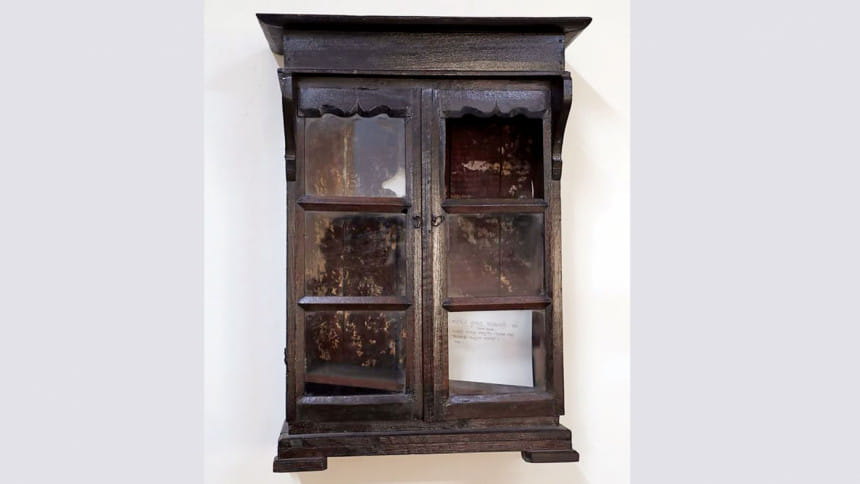
You will also come across a table, which has a bullet hole in it. As Parveen explained, the table suffered this damage from an air raid during the Liberation War.
Continuing the tour, you will notice several large containers or motkas as we call them in Bangla. Parveen elaborated, "These were unearthed during construction work of a building near this apartment."
Meanwhile, several dining utensils spark interest as well -- a set of cups along with a jar that resembles a barrel that is placed horizontally, a collection of ceramics, etc.
Each item has a story, and the staff or a family member are happy to share it with you, and through that, you can get to know Dhaka a little better. Jahanara Foundation Museum is indeed a space packed with personal items of antiquity -- the aforementioned ones are mere examples -- that will surely fascinate any Dhaka buff!
The museum is open on Sundays and Thursdays, 10:00am to 5:00pm, and on special/commemorative days.

 For all latest news, follow The Daily Star's Google News channel.
For all latest news, follow The Daily Star's Google News channel. 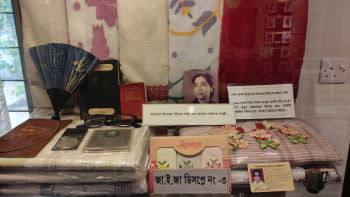



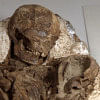

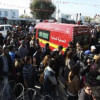
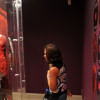


Comments